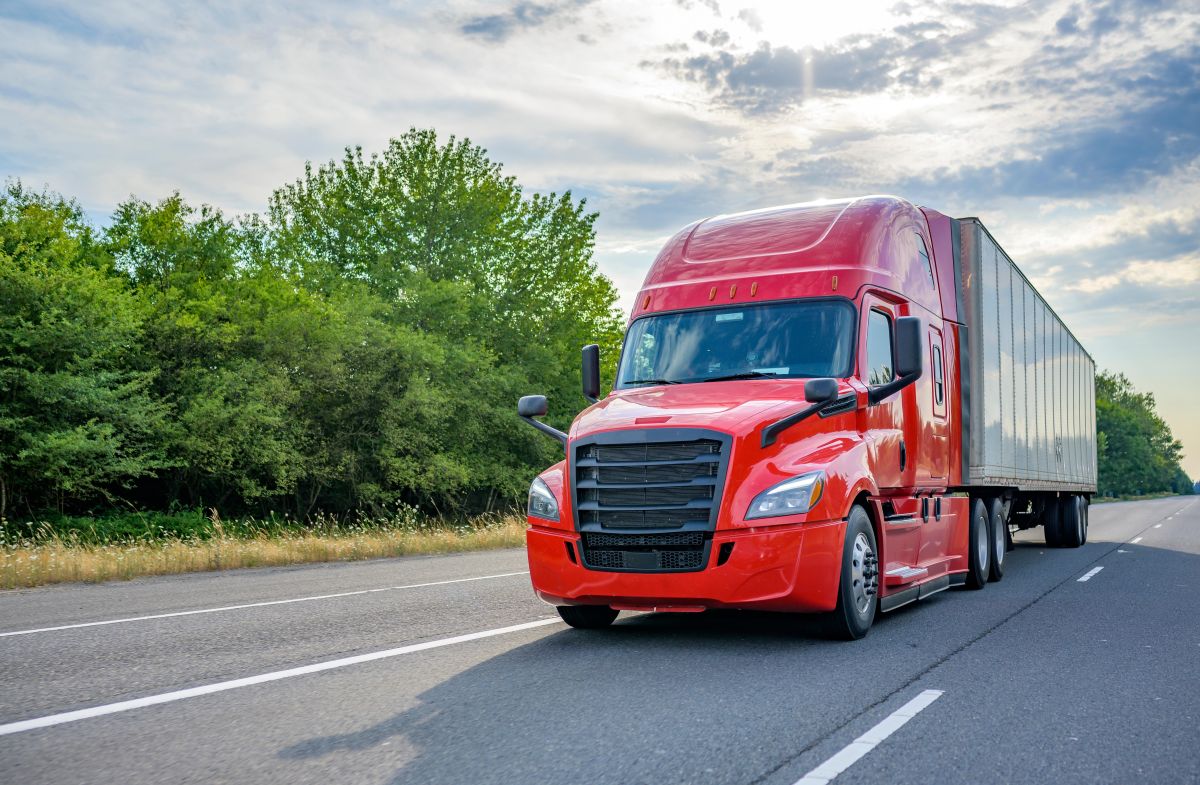California lawmakers have introduced two bills as part of the California Automotive Regulatory Standards (CARS) Package, aiming to establish regulations on autonomous vehicles (AVs) and bolster road safety and job security, a legislative move applauded by the Teamsters union, which has growing concerns over AV operations and their impact on the state's workforce.
The first assembly bill, mirroring the previously introduced AB 316 by Assemblymember Cecilia Aguiar-Curry (D-Winters), mandates a trained human operator behind the wheel of any AV weighing over 10,000 lbs. The second, Senate Bill 915 (SB 915), introduced by Sen. Dave Cortese (D-San Jose), requires AV companies to obtain approval through a local ordinance before commencing operations in a municipality.
Both bills have substantial support; AB 316 secured more than 90% affirmative votes in the last legislative session, and SB 915 is co-sponsored by the League of California Cities.
Historically, California's regulation of AVs has been the responsibility of regulatory agencies like the Department of Motor Vehicles (DMV) and the California Public Utilities Commission (CPUC). However, municipalities have lacked control over AV operations, leading to increased road incidents and a lack of enforcement in AV safety measures.
Peter Finn, Teamsters western region international vice president, emphasized the need for California to establish real AV safety standards and ensure local municipal input in AV deployment. He criticized the DMV and CPUC for their inadequate regulatory oversight, stressing that California cannot afford to leave AV regulation to Big Tech alone.
Jason Rabinowitz, president of Teamsters Joint Council 7, highlighted the flawed AV deployment in 2023, marked by Gov. Gavin Newsom's veto of AB 316 and poor decisions by the CPUC and DMV, which compromised public safety. Rabinowitz applauded the reintroduction of these bills as an opportunity for California to rectify past mistakes with common-sense safety measures.
A press release from the Teamsters also pointed out the DMV's failure to track at-fault data for AV-related collisions and the immunity of driverless vehicles from traffic tickets. It cited several incidents involving AVs, including accidents with fire trucks, blocking emergency vehicles, causing traffic disruptions, and even a fatal accident involving a dog. These incidents have raised significant concerns about the safety and accountability of AV operations.
"Gov. Newsom can continue to cower to Big Tech and put millions of good jobs in jeopardy, or he can grow a backbone and stand up for working people. Either way, the Teamsters are not backing down from this fight," said Lindsay Dougherty, Teamsters western region international vice president and secretary-treasurer of Teamsters Local 399. "The Teamsters encourage all state lawmakers to join Cortese and Aguiar-Curry in prioritizing the well-being of Californians and the preservation of good-paying union jobs."
The press release also highlighted the threat posed by AV technology to the livelihoods of professional drivers in California, estimating AVs could eliminate more than 15 million jobs nationwide, many in rural communities. Chris Griswold, president of Teamsters Joint Council 42, criticized corporate interests in AV technology, advocating for legislation that safeguards workers and communities.













